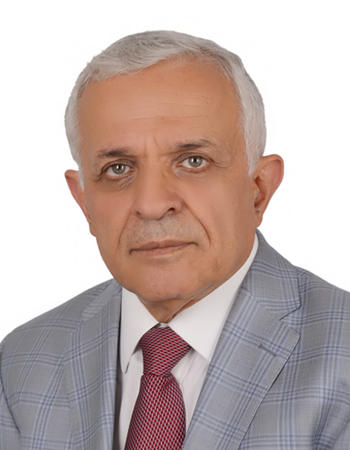Ridwan Al-Sayyid

Higher Institute for Islamic Studies, Beirut
Islamic Studies and the Return to Philology
Islamic studies emerged in the nineteenth-century from within the disciples of philology and history. In this initial stage, the field was successful in editing manuscripts and in ‘interpreting’ Islamic civilization through the study of textual sources. The field then reached its zenith with the introduction of Kulturgeschichte through the pioneering works of Alfred von Kramer, Ignaz Goldziher and Carl Heinrich Becker. It continued to oscillate between philology and cultural history until it was taken over by sociology and anthropology. The lecture explores the potential of a new philology in reshaping the realm, methods and objectives of Islamic studies, or “Islamwissenschaft” as Carl Heinrich Becker called it. Ridwan al-Sayyid will begin by presenting the salient features of nahda-oriented, rationalising philology in the nineteenth century and the relation between Islamic studies and Biblical Studies. He will then turn to the accomplishments and problems of the cultural history approach. And, finally, he will address the problems that have arisen due to the complexities of the cultural context, the emergence of a structuralism that is embedded in sociological and anthropological discourses, and the rise of fundamentalist readings, from the political right as well as from the left, in current thought. It will be argued that this is an opportune moment for practitioners of Islamic studies to reflect on the history of their field and to engage in a critical evaluation of their philological approaches in light of new hermeneutical methods. Al-Sayyid will illustrate this through some exemplary cases.
Ridwan al-Sayyid was Professor of Islamic Studies at the Lebanese University of Beirut (1978-2014). He studied at al-Azhar University (1970), and later earned his doctoral degree from the University of Tübingen in 1977, where he studied Semitic philology and comparative religion. His research interests focus on the edition of classical sources relevant to Muslim political thought, modern Muslim thought and the history of scholarship. Al-Sayyid has been invited as guest professor at various American and European universities, including Tübingen, Frankfurt, Salzburg, Harvard and Chicago. Al-Sayyid was the editor-in-chief of al-Ijtihad, a leading Arabic language periodical for over two decades and is currently editor of the journal al-Tafahum. His publications include Die Revolte des Ibn al-Ašʿaṯ und die Koranleser: ein Beitrag zur Religions - und Sozialgeschichte der frühen Umayyadenzeit (1977), Al-Umma wal-Ğamāʿa wa as-Sulṭa (1984), Al-Gama’a wal- Mujtama’ wad Dawla (1997), Siyāsāt al-Islām al-Muʿaṣir (1998), Al-mustašriqūn al-Almān ( 2007), Maqāla al-Iṣlaḥ as-Siyāsa al-ʿArabiyya (2004), Aṣ-Ṣirāʿa ʿala al-Islām (2005), Arab and Iranians (2014), Time for change: Religion, State and Political Islam (2014).